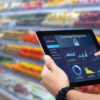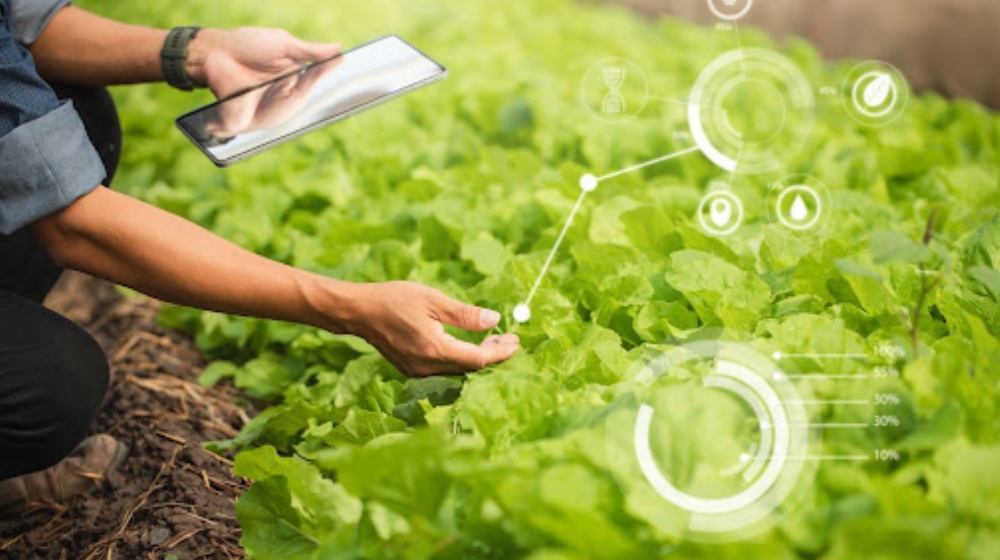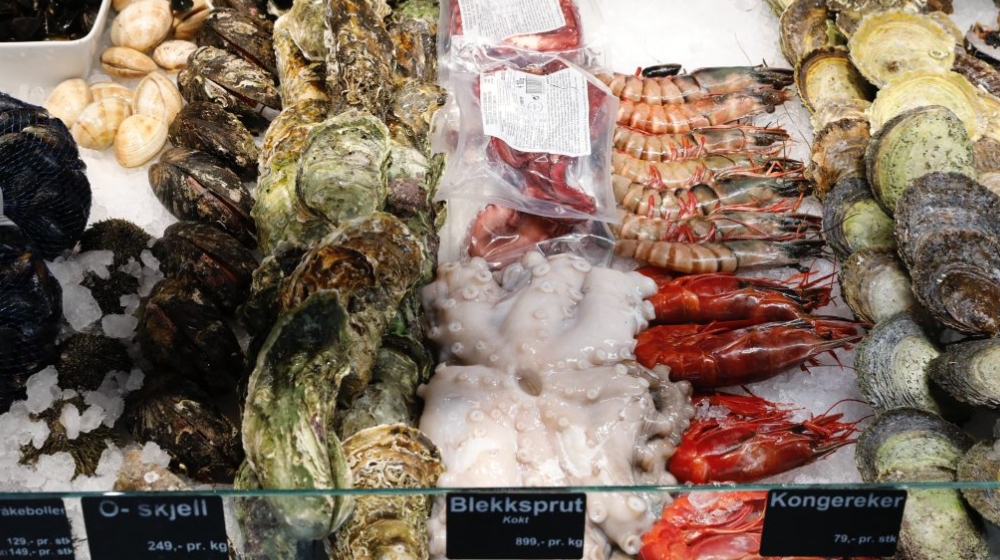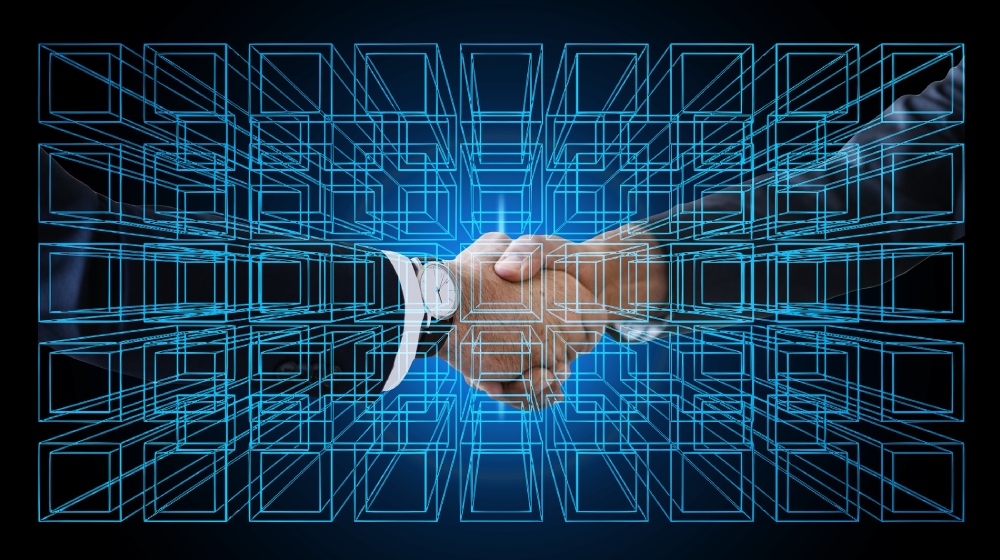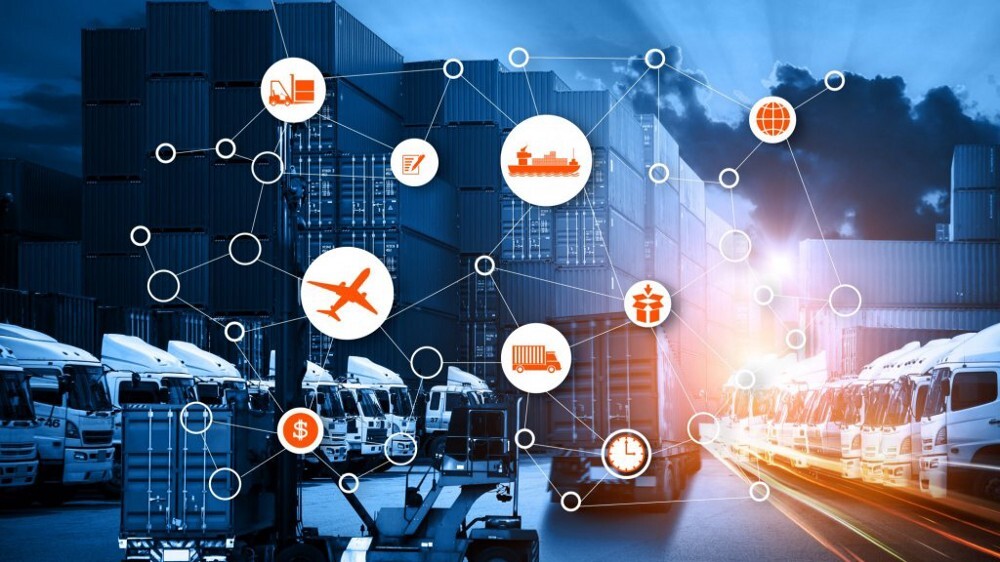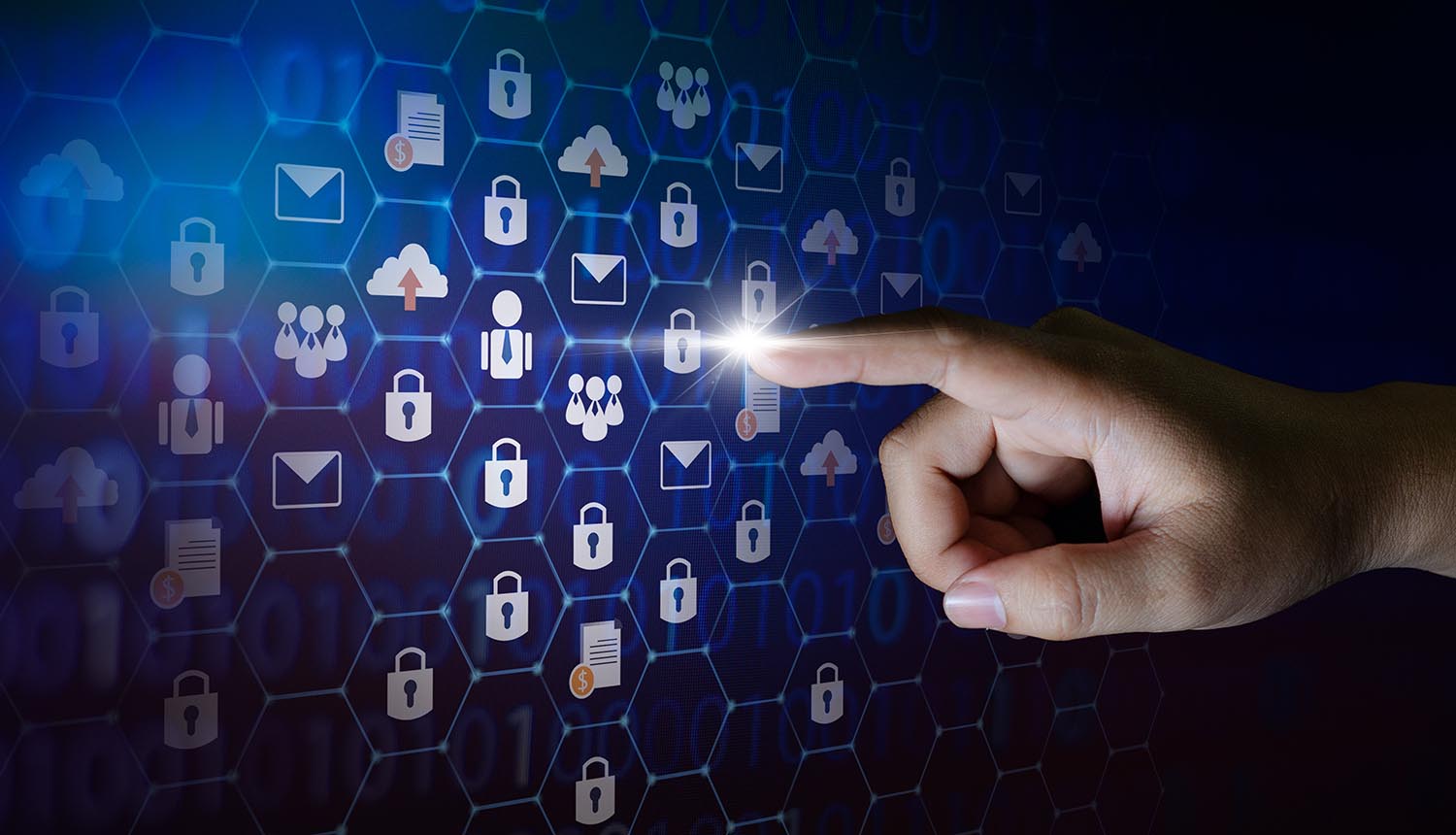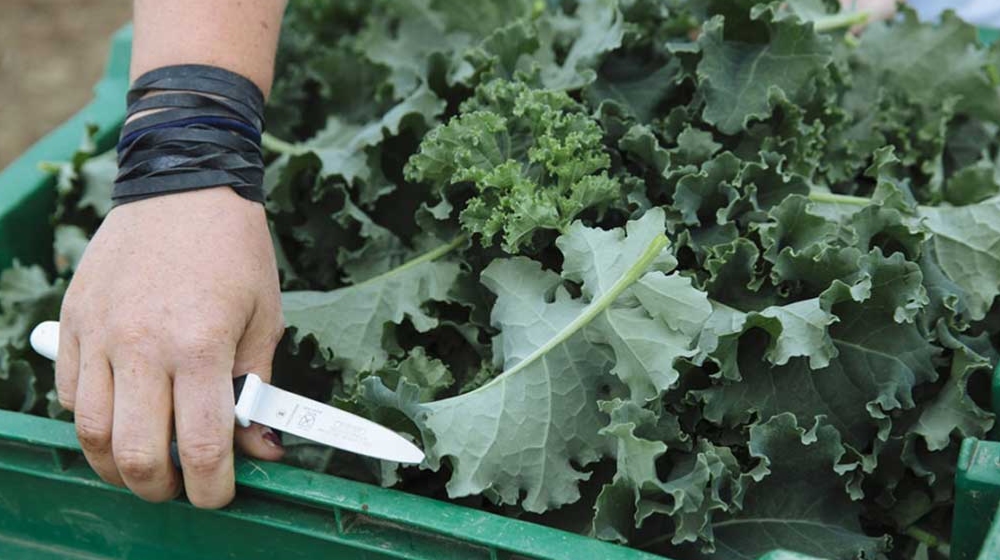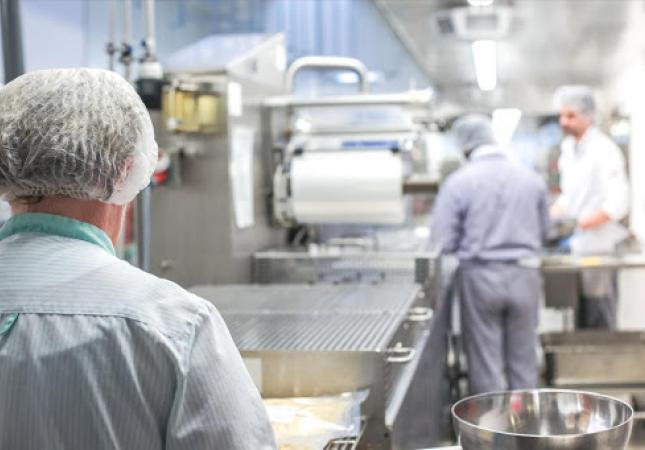Recent Post
Categories
- AI in Food & Beverage
- Cold Chain Management
- Digital Transformation
- F&B Supply Chain Solutions
- Food Safety & Compliance
- Food Supply Chain
- In the News
- Inventory Intelligence
- Inventory Management
- Newsletter
- Supply Chain
- Supply Chain Innovation
- Supply Chain Management
- Supply Chain Risk Management
- Technology
- Traceability Solutions
Tags
AI Forecasting AI in cold chain AI in Food Supply Chain Blockchain Business Growth cold chain operations Consumer Trust data-driven decisions Demand Prediction Demand Sensing EPCIS Expiry Management Export Documentation F&B Logistics Farm To Plate Platform Farm To Plate Solutions FMCG loss prevention Food Industry Food Safety Software Food Supply Chain Food Tech 2025 Food Traceability Food Waste Reduction GS1 inventory control Inventory Management Inventory Optimization inventory shrinkage Inventory Tracking inventory visibility Perishable Inventory Control QA Teams Real-time data Real-Time Visibility Shelf-Life Prediction shrinkage control Smart Supply Chains Spoilage Prevention Spoilage Risk Management Supply chain Supply Chain Optimization Supply Chain Transparency Traceability track and trace Waste Reduction
- Pramod Sajja
- Technology
Pandemic-Related Threats Drive Farming Industry Innovation
The coronavirus pandemic began in early 2020; virtually every major industry has faced substantial threats to business continuity. However, few industries were hit as hard as the farming and food production sector.
- namrata
- Technology
Blockchain technology transforming the Seafood Supply Chain
The world is moving towards sustainability; one of the primary protein sources, such as seafood, can increase market share, open up new options, increase collaboration, and achieve transparency and traceability for social and environmental sustainability.
- namrata
- Technology
Blockchain technology helps to achieve Sustainability goals
The United Nations established 17 global goals in 2015 to tackle poverty, inequality, environmental degradation, and other issues by 2030. These Sustainable Development Goals (SDGs) reflect unprecedented worldwide collaboration in human history.
- admin
- Newsletter
Rethink, Reimagine and Reinvent Using Blockchain In Food Supply Chain
Rethink, Reimagine and Reinvent Using Blockchain In Food Supply Chain
- Pramod Sajja
- Technology
Blockchain: Disrupting Every Link of the Food Supply Chain
Not since the move from iceboxes to refrigerators has the food supply chain seen a positive disruption. Changing the way that we purchase, consume and understand food will take 21st-century technology.
- admin
- Supply Chain
GDPR-Compliant Blockchain: Personal Data Privacy in Blockchain
GDPR (General Data Protection Regulation) was enforced by European Union (EU) on 25 May 2018 with the main purpose of giving full rights to a person to whom the data belongs to. These rights include right to access, right to rectification, right to erasure, right to restriction of processing, right to be informed, right to data portability, and right not to be subject to a decision based solely on automated processing including profiling.
- admin
- Supply Chain
Protecting the Food Supply with Blockchain
The promise of new technologies like blockchain—applied to such an essential aspect of daily life as the food supply—is both exciting and a good reason to look to the future with hope.
- admin
- Supply Chain
Consumers Want Supply-Chain Transparency. Are Food Brands Listening?
Sixty percent of global consumers cite sustainability and social responsibility as essential considerations when choosing which products to buy. They look to their preferred food brands to make the best decisions, but are those companies looking out for their consumers’ best interest? The answer varies from company to company.
- admin
- Technology
Supply chain challenges and how blockchain technology can help overcome them
Supply chains are complex contraptions, with many middlemen and intermediaries. A customer simply paying a supplier is often a complex undertaking, requiring the use of electronic data interchange (EDI) by both parties. Likewise, it’s easy to overpay on invoices without full-fledged freight settlement.
- admin
- Technology
Could Emerging Technologies Be a Solution to Combat the Massive Food Recall Problems?
Sadly food recalls have become a norm and increasingly consumers are getting immune to the recall announcements! Fact check-in 2018 alone, there were 125 food-related recalls that included more than 20 million pounds of food being recalled according to the United States Department of Agriculture.


